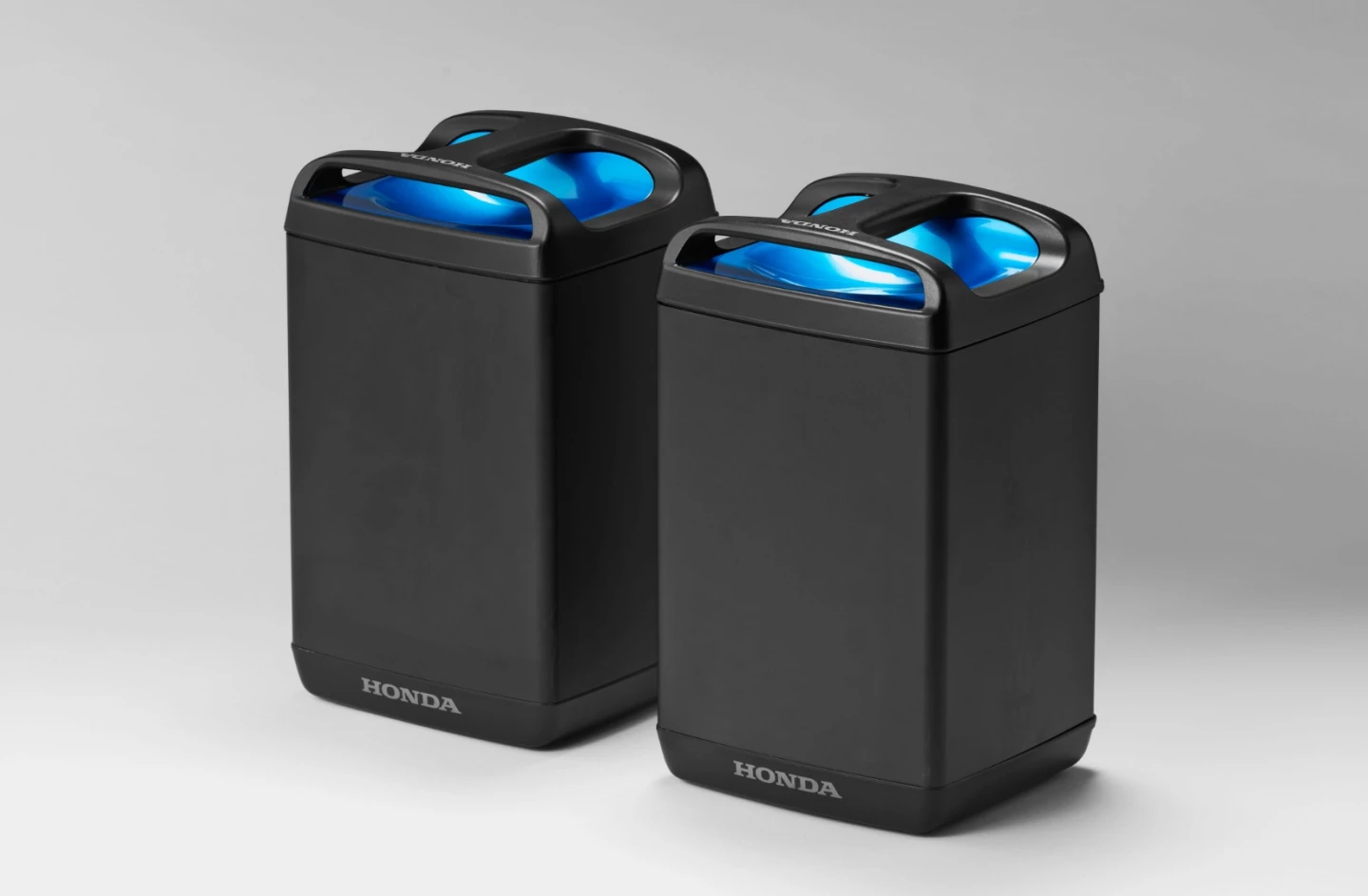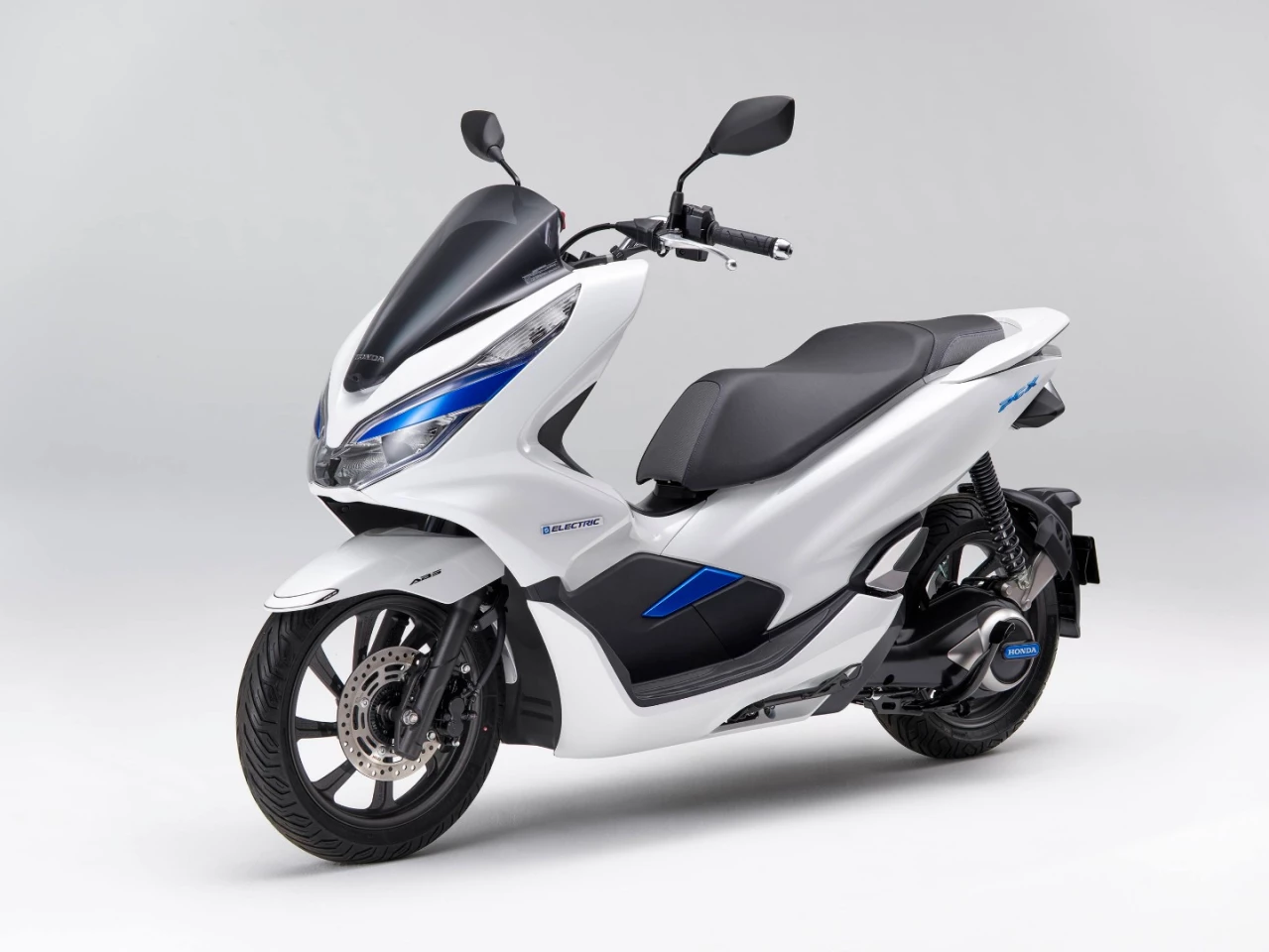A laconic statement co-signed by Honda, Kawasaki, Suzuki and Yamaha could well be one of the most important news items of the year for the motorcycling world. The four biggest Japanese manufacturers have agreed to work together towards standardizing replaceable battery tech for electric motorcycles.
Personal mobility is on a course to abandon fossil fuel, set to make a dramatic turn towards electric drive. Several countries around the world, including some of the biggest European nations, have either announced or are investigating plans to ban the sales of new vehicles powered by internal combustion engines at some point in the next decade.
The problem with electric bikes though is that current range per charge can be disappointing, even if you go for the most expensive battery options, which would inevitably translate to costs considerably higher than the average gasoline-burning equivalent.
Charging networks can also pose problems, with some countries offering extensive coverage while the infrastructure in others seems insufficient to cater for electric personal vehicles.
All these underline an inconsistency between owning an electric motorcycle and actually being able to achieve a comparable level of practicality as the petrol-engined motorcycle it will replace.

One solution that has been suggested is installing charging points where one can simply leave the drained battery and pick up a freshly-charged one, which could be even faster that refueling a conventional engine. The swappable battery scheme seems ideal on paper, yet it poses one serious question: can manufacturers agree on a common battery and charger architecture, or are we looking at a complex network with several types of incompatible "battery vending machines"?
The first company to announce an ambitious replaceable battery strategy was Taiwan's Gogoro in 2015, followed by Taiwan's KYMCO with the Ionex electric scooter line and battery tech.
The lattermost, enjoying the advantage of being a well known brand name and having a wide global sales network in place, seemed better equipped to lead a replaceable battery future and, sure enough, it issued an open invitation for all manufacturers to join in and design Ionex-compatible batteries. KYMCO started rolling out Ionex-powered scooters in 2018, yet no other manufacturer has joined its cause.
Up until now, the big Japanese manufacturers have displayed endless electric prototypes, but as far as production machines are concerned all we have is a Honda PCX hybrid scooter and some electric-assisted mountain bikes from Yamaha.
Honda has also announced a PCX Electric version (pictured below) that will become available in late 2019, but it's only for Asian markets and will only be available for lease sales to corporations and rental businesses.

Even the electric EV Cub, that was so well received by the public, still hasn't been tied to specific production dates. But, just as we were thinking that the big factories are turning a blind eye on electric motorcycles, here comes this latest announcement.
The main point of the statement is that the four biggest Japanese factories are setting up a common technical base for replaceable batteries and charging stations. The target is rather obvious; it's a race to set global standards and obviously four of the world's biggest motorcycle manufacturers working together makes for a force to be reckoned with.
It's one thing going up against Gogoro, or even KYMCO, but who would dare compete against the collective resources of Honda, Kawasaki, Suzuki and Yamaha? For most smaller manufacturers, designing compatible batteries should sound like the best idea, taking advantage of the big boys' networks.
According to Japanese press reports, the deal will initially focus on small commuter electric models, equivalent to engine capacities up to 125 cc. The same reports note that this is also the first ever attempt to set up a workgroup outside the confines of the Japan Automobile Manufacturers Association.
This would also constitute the first time that the Japanese manufacturers displayed clear intent to work on mass-produced electric two-wheelers, and this announcement could well prove to be a game-changer.
Source: Honda







